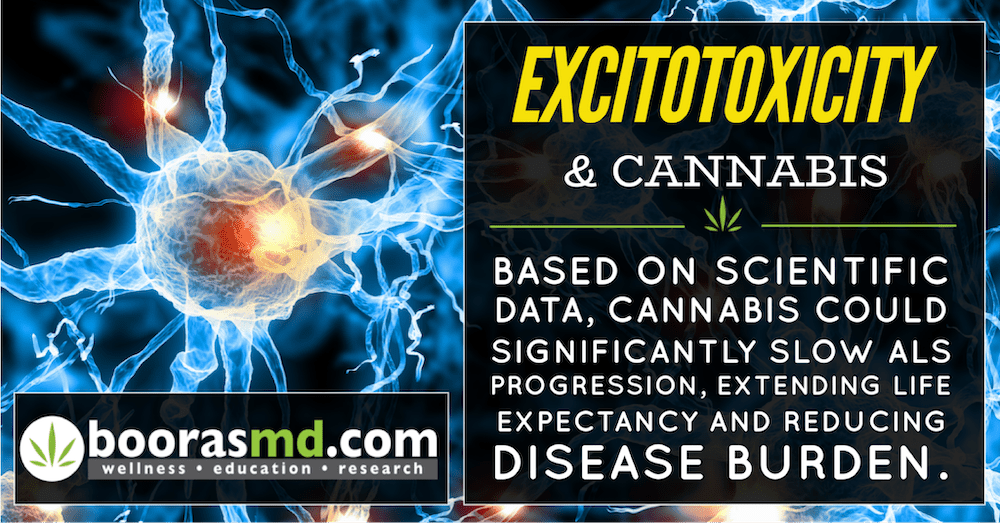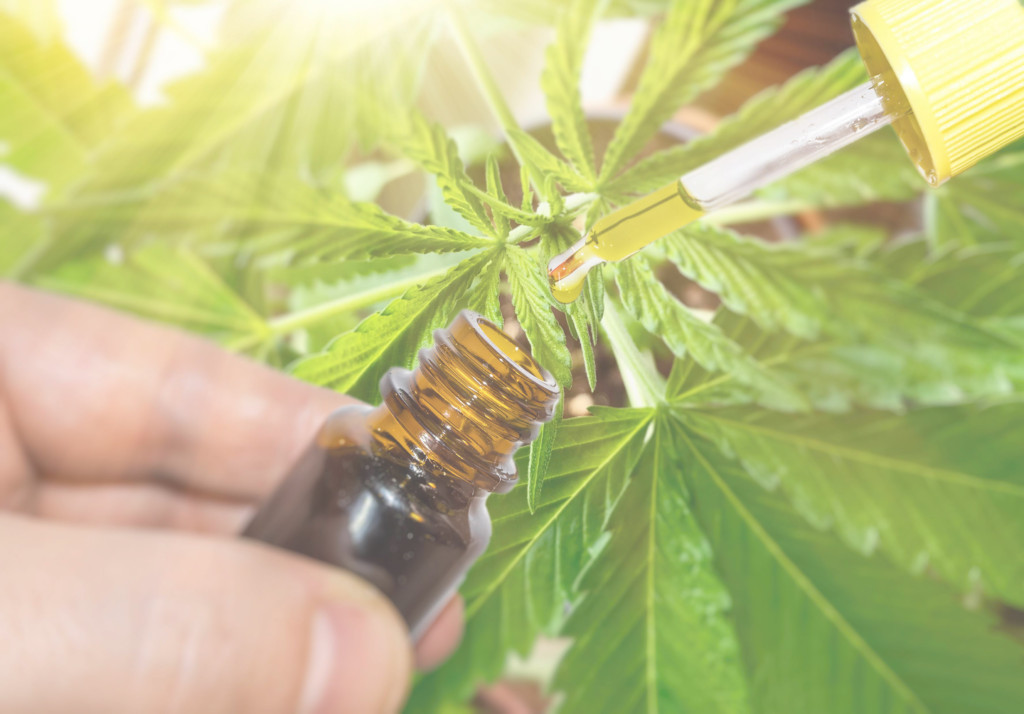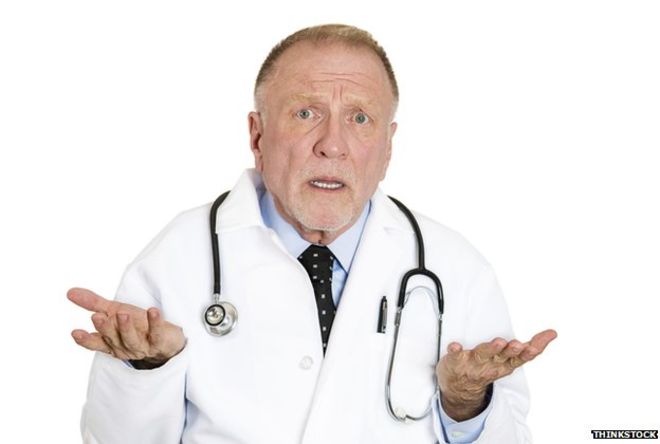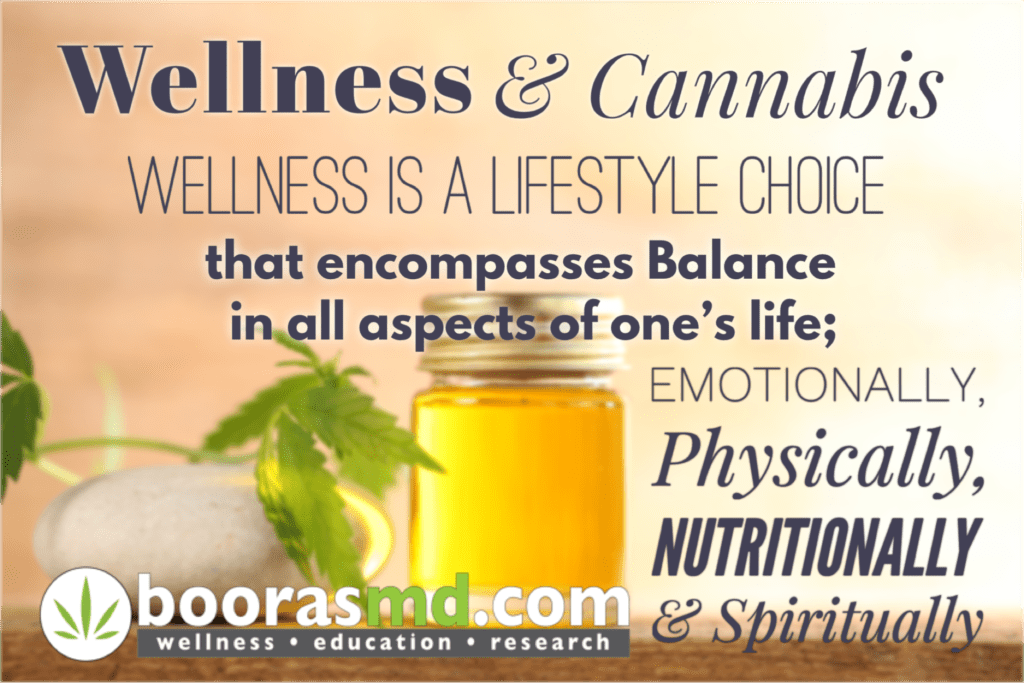Coronary Disease/Atherosclerosis and Medical Marijuana (Cannabis)
Coronary Disease/Atherosclerosis and Cannabis
Summary. Modulation of the Endocannabinoid System by a non-inhalation route may have a beneficial effect on the development of atherosclerosis. There is concern that smoking cannabis may not have this benefit and may actually precipitate angina in people with coronary disease.
https://pubmed.ncbi.nlm.nih.gov/22278660/
Coronary Artery Disease (CAD) is also known as Atherosclerotic Cardiovascular Disease (ASCVD) and is the leading cause of death among both men and women, killing one out of four Americans every 40 seconds. ASCVD is the underlying cause of heart attacks and strokes.
What makes ASCVD so dangerous is that signs and symptoms of coronary disease often do not appear until a medical emergency has occurred. It has been stated that “half of the men who die suddenly from coronary heart disease had no previous symptoms”.
https://www.cdc.gov/heartdisease/men.htm
CAD occurs when the endothelium (the skin lining our arteries) is damaged by conditions like Smoking, High blood pressure, High Cholesterol, Diabetes, Obesity, Unhealthy Diet and Physical inactivity.
This damage causes Endothelial Dysfunction, resulting in an inflammatory response which causes further damage to the endothelium. The endothelium becomes leaky, which leads to the formation of fatty plaques under the endothelium. As the plaque grows larger it compresses the diameter of the artery which can reduce blood flow to the heart. Symptoms of arterial obstruction occur once the artery has been narrowed by 70% or more. These symptoms may include exertion shortness of breath and/or chest tightness/heaviness/pressure. A routine stress test will not detect blockages less than 70%!
Inflamed fatty material within the plaque makes it vulnerable to rupture. This can occur when arterial narrowing is only 40%. Unfortunately, this development will not cause any symptoms!
THC, even in low doses, reduces inflammation via activation of CB2 receptors. Arterial plaques are less vulnerable to rupture (causing stroke or heart attack) when they are less inflamed. CBD also has anti-inflammatory properties.
https://www.nature.com/news/2005/050404/full/050404-7.html
Marijuana (AKA Cannabis) is a natural product containing over 500 compounds that activate the Endocannabinoid System (ECS). This extremely complex system exists in the body to help restore balance and homeostasis. This is not a simple on/off process, but rather a complex phenomenon working on-demand based on situational needs.
https://boorasmd.com/education/articles/clinical-endocannabinoid-deficiency/
“Based on the studies discussed here, modulation of the cannabinoid system holds promise in preventing the progression of atherosclerosis. Although the spectrum of cannabinoid therapy cuts across a multitude of clinical conditions, modulation of the cannabinoid system for treatment of atherosclerosis cannot be recommended at this time because of legal and clinical reasons.” (This last sentence is understandable and I would not certify someone for Medical Grade Cannabis strictly because of their ASCVD. This article was written to inform of the expanding conditions that benefit from medical cannabis treatment. Charlie Booras, MD-Editor).
https://onlinelibrary.wiley.com/doi/pdf/10.1002/clc.21962
Written by Charlie Booras, MD on November 25, 2020.







